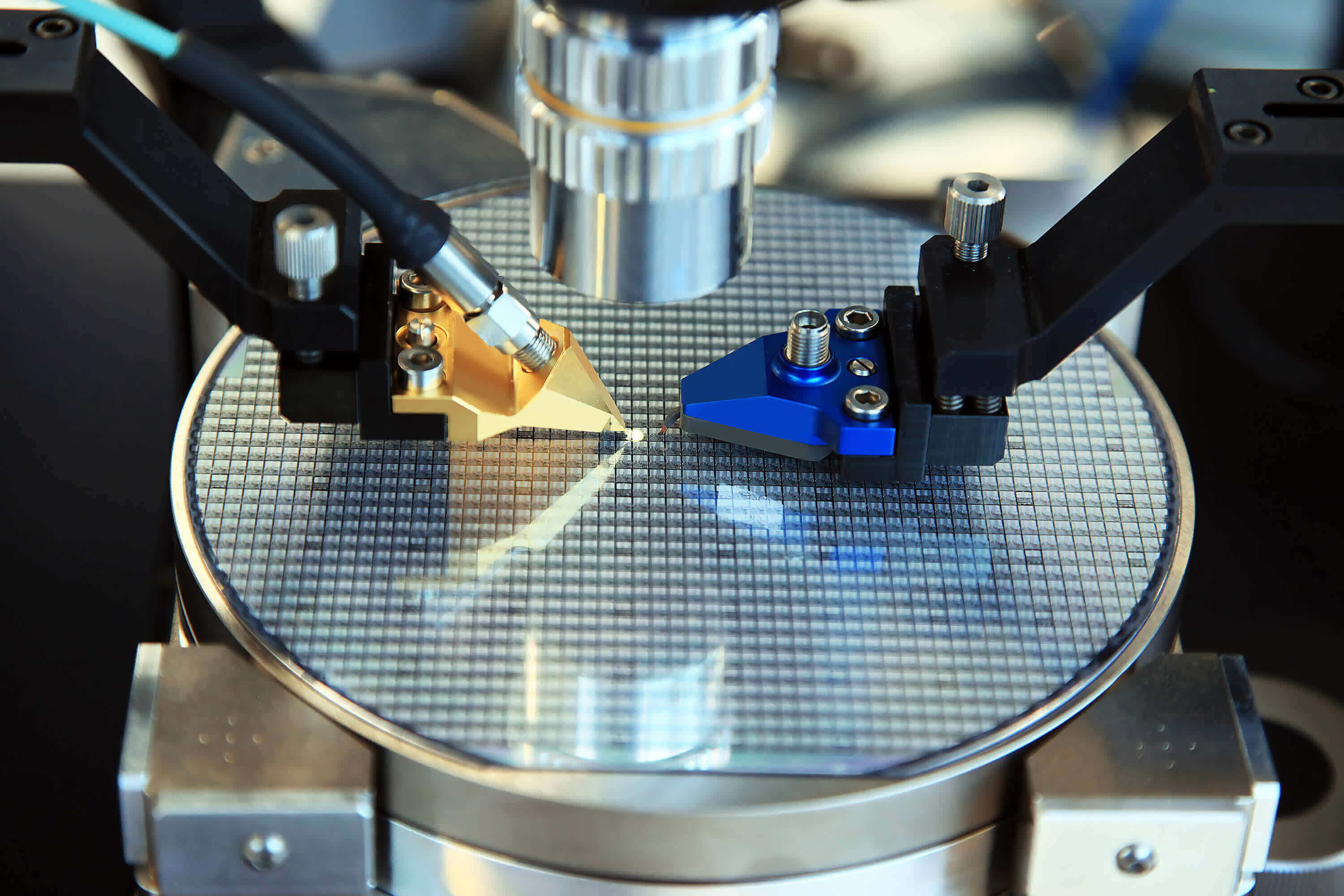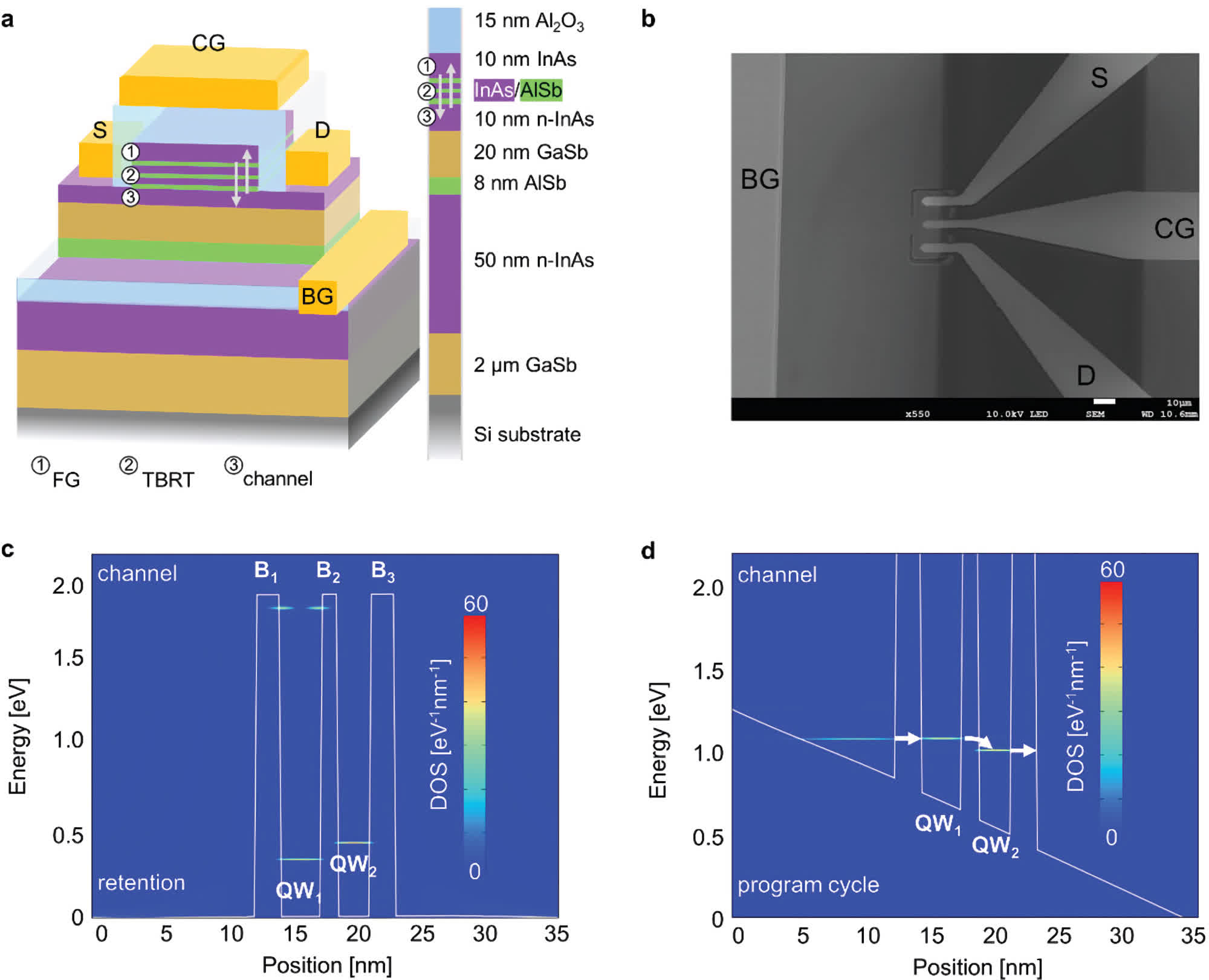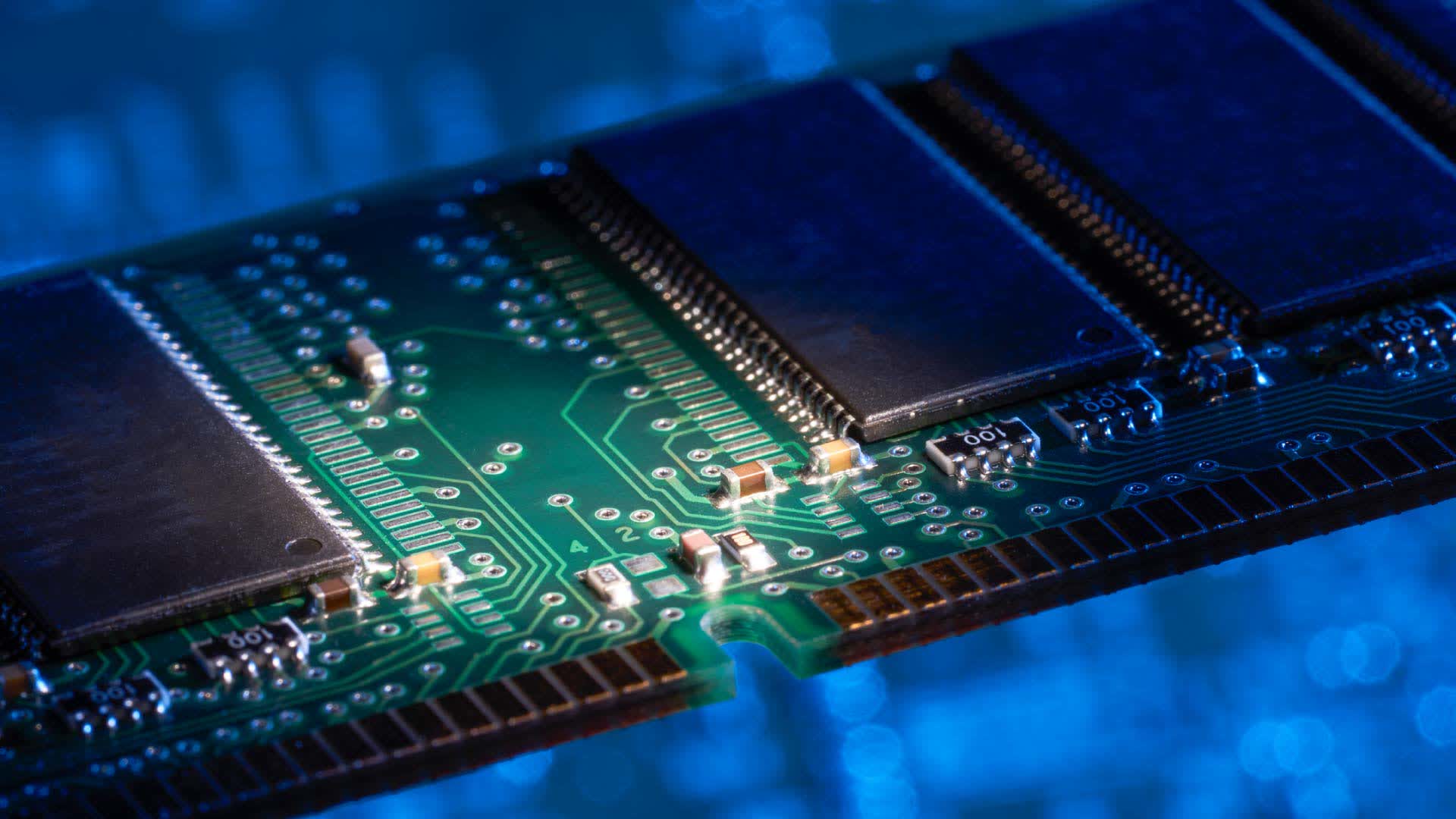Why it matters: For the longest time, memory and storage have been working as separate parts of a computing device. Manufacturers have tried combining the advantages of RAM and NAND into a single package, but only with limited success. A new type of non-volatile memory called UltraRAM is showing potential, but it'll be a while before it can be integrated into a commercial product.

Fusing random-access memory (RAM) and storage isn’t a new idea, but so far no company has managed to materialize this concept into a successful, widely-used commercial product. However, that doesn’t mean research on this topic has gone cold.
Earlier this month, researchers from the Physics and Engineering Department of Lancaster University in the UK published a paper detailing important progress that’s been made into bringing UltraRAM closer to mass production.
UltraRAM is described as a memory technology that “combines the non-volatility of a data storage memory, like flash, with the speed, energy-efficiency, and endurance of a working memory, like DRAM.” If that sounds familiar, it’s because Intel has already tried bridging the gap between DRAM and flash storage with Optane, albeit with limited success. Samsung has something called Z-NAND, and Kioxia and Western Digital also want to integrate XL-FLASH into future consumer and enterprise storage solutions.

The materials used to make UltraRAM are the same compound semiconductors used in optoelectronic devices like LEDs, lasers, photodiodes, and phototransistors. The latest breakthrough made by the scientists behind it was in improving its performance when built on silicon substrates as opposed to Gallium Arsenide wafers, which can be up to 1,000 times more expensive.
This means UltraRAM has the potential to be a cost-effective memory solution. The scientists claim the prototype devices they’ve tested can offer 1,000 years of data retention and “degradation-free endurance” of more than 10 million program/erase cycles. The last figure alone is likely enough to pique the interest of tech companies, especially if it can really be as fast as traditional RAM.

Another advantage of this new technology is that it exploits the quantum mechanical effect of resonant tunneling to allow a barrier to switch from opaque to transparent when voltage is applied. This process is very energy efficient when compared to switching technologies used in RAM and flash storage, so it could lead to better mobile devices that last longer when used on battery power.
The same process allows for a highly compact architecture with a high bit density, which in theory should allow manufacturers to cram more memory capacity into a single chip. The Lancaster University researchers said they need to further improve the fabrication process of the memory cells, but this is nevertheless an interesting technology with a lot of potential for in-memory computing, as it would remove the need for data to go back and forth between the processor, memory, and non-volatile storage of a device.
https://www.techspot.com/news/92944-ultraram-breakthrough-could-finally-fuse-ram-storage-single.html